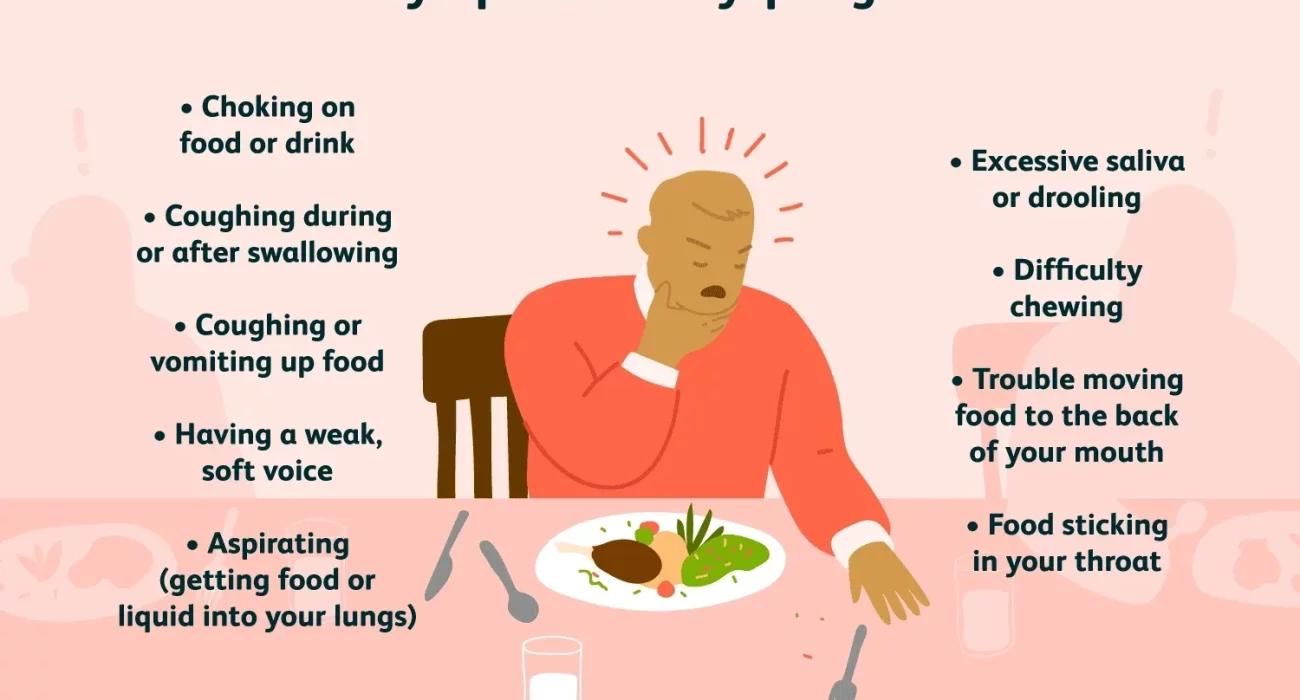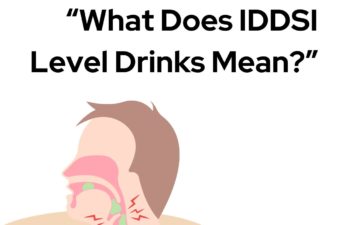Navigating the Challenges of Swallowing Difficulties
Swallowing is a fundamental and often overlooked aspect of our daily lives. However, for individuals living with dysphagia, it can become a complex and challenging task. Dysphagia refers to difficulties in swallowing, and it can have a significant impact on a person’s quality of life, nutrition, and overall well-being. In this blog post, we will explore the consequences and challenges of dysphagia, shedding light on the physical and emotional toll it can take. By understanding the experiences of those with dysphagia, we can foster empathy and promote better support for individuals facing these difficulties.
The Physical Consequences:
Dysphagia can result in a range of physical consequences, affecting various aspects of an individual’s health and daily life:
- Malnutrition and Weight Loss: Difficulty swallowing can make it challenging to consume an adequate amount of food and liquids, leading to malnutrition and unintentional weight loss. The struggle to maintain proper nutrition can weaken the immune system, impair wound healing, and hinder overall health.
- Aspiration Pneumonia: When swallowing is compromised, there is a risk of food or liquid entering the airway instead of the digestive tract. This condition, known as aspiration, can lead to aspiration pneumonia, a serious respiratory infection that can cause further health complications.
- Dehydration: Swallowing difficulties may also hinder the intake of liquids, increasing the risk of dehydration. Inadequate hydration affects overall well-being, leading to fatigue, dizziness, and further complications.
Emotional and Social Impact:
The effects of dysphagia extend beyond the physical realm, impacting an individual’s emotional well-being and social interactions:
- Loss of Enjoyment: Food is not only a source of nourishment but also a sensory and social experience. Dysphagia can rob individuals of the pleasure associated with eating, leading to feelings of frustration, sadness, and a sense of isolation.
- Limited Food Choices: Certain textures and consistencies may become challenging or unsafe to consume, restricting the variety of foods individuals with dysphagia can enjoy. This limitation can result in monotony and a decreased quality of life.
- Social Isolation: Dining out or sharing meals with friends and family may become stressful or uncomfortable for individuals with dysphagia. The fear of choking or embarrassment can lead to social withdrawal and a sense of exclusion from shared experiences.

Living with dysphagia presents numerous challenges, impacting both physical health and emotional well-being. The consequences of swallowing difficulties extend beyond the act of eating, influencing nutrition, hydration, and the overall enjoyment of life. It is crucial to raise awareness and foster understanding about dysphagia to provide appropriate support and resources for affected individuals.
To gain a deeper understanding of how dysphagia is managed and discover the solutions available, we invite you to read our full article on “What are Dysphagia Foods?” This comprehensive guide will provide insights into specialized food textures, consistency levels, and the International Dysphagia Diet Standardization Initiative (IDDSI), offering valuable information on nourishing solutions for individuals facing swallowing challenges. Together, let’s strive to create a world where everyone can enjoy the pleasures of eating, regardless of the challenges they may face.




